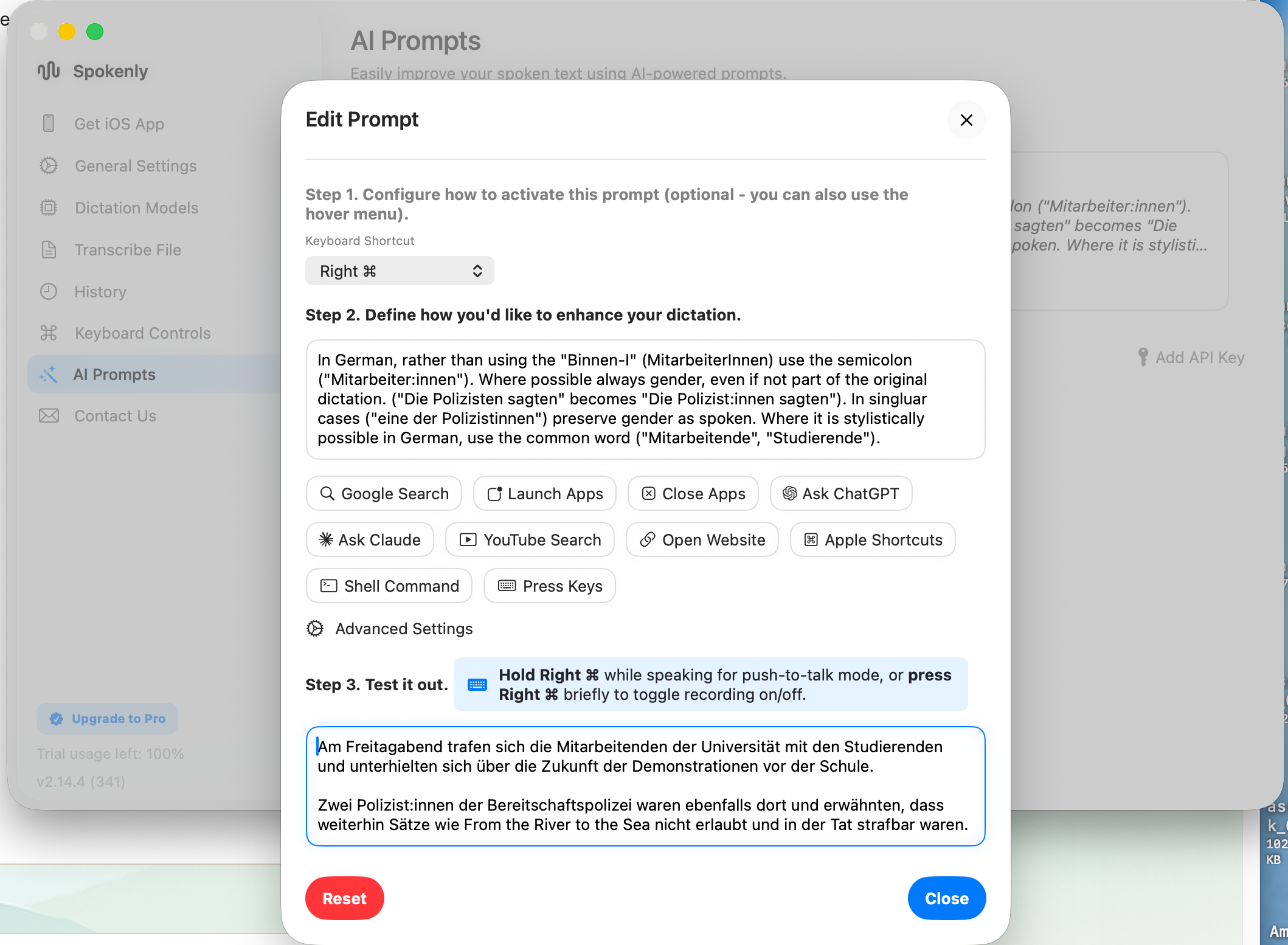A while ago, we submitted a paper to a prestigious US medical journal on a topic loosely related to public health, sport, and wearables.
If you're not familiar (and bless your soul), academic rigor demands peer review, meaning two or more peers (only known as Reviewer 1, 2, 3... and so on) are recruited to read, critique, and check your work. This is fundamental to science, as is the anonymity part of it, meaning we don't know who reviews us.
Well, for this paper:
-
Reviewer 1 clearly had a horse in the race, their own paper, which they repeatedly insisted we include and reference. To be clear: "peer" is very loosely defined, this person came from a different specialty and their paper did not even come close to adding value to the research paper we'd submitted.
-
Reviewer 2 didn't speak much English, so they used ChatGPT to review us. We know, because they forgot to remove some of ChatGPTs comments. "I will perform a comprehensive review of... Perfect! Here are the issues I found..." and similar.
Papers won't get published until both Reviewers (two in this case) sign off. And the journal didn't care about our complaints. So we fought an AI for weeks, getting confronted with hallucinated studies, misunderstood conclusions, a total clusterfuck of weirdness. A few weeks in, I gave up, wrote an Agent for ChatGPT, and had the two duke it out. After the remote AI signed off, we submitted one last revision with the AIs suggestions removed but the sentence "including all of Reviewer 2's very accurate suggestions" - and the AI was happy.
Reviewer 1 was harder, but was finally withdrawn after we threatened to add the paper and mention that, while it provided no actual, meat to the matter, was added because Reviewer 1 was the author.
